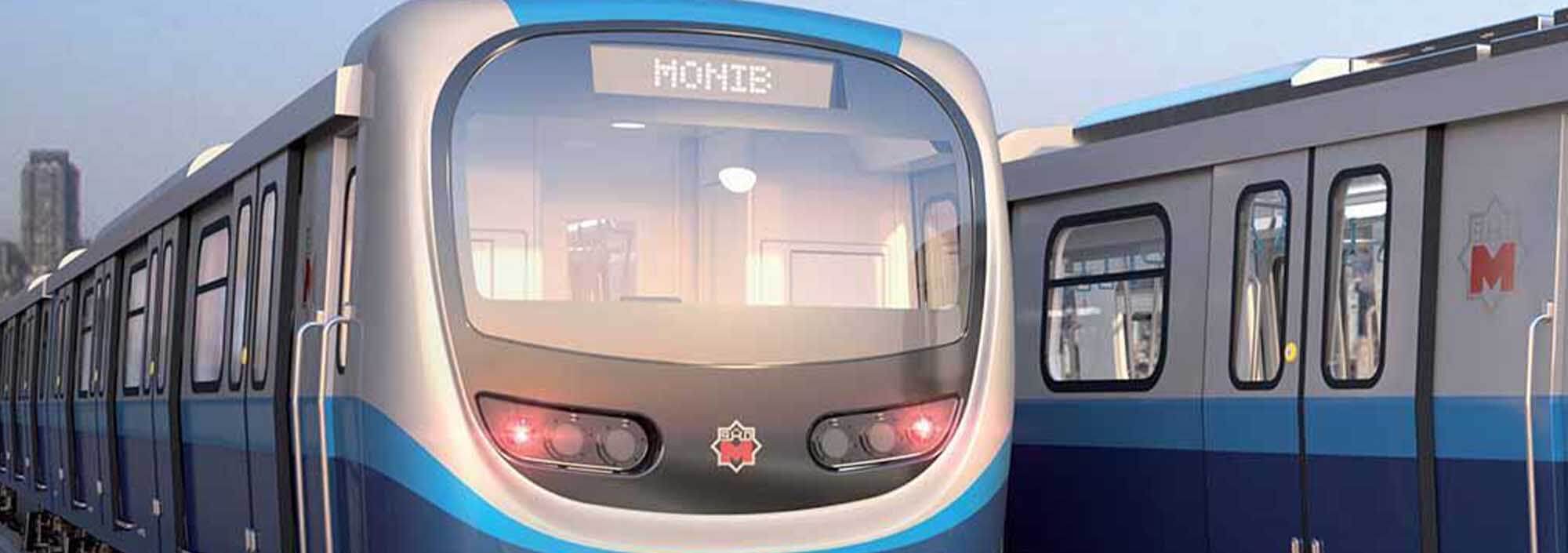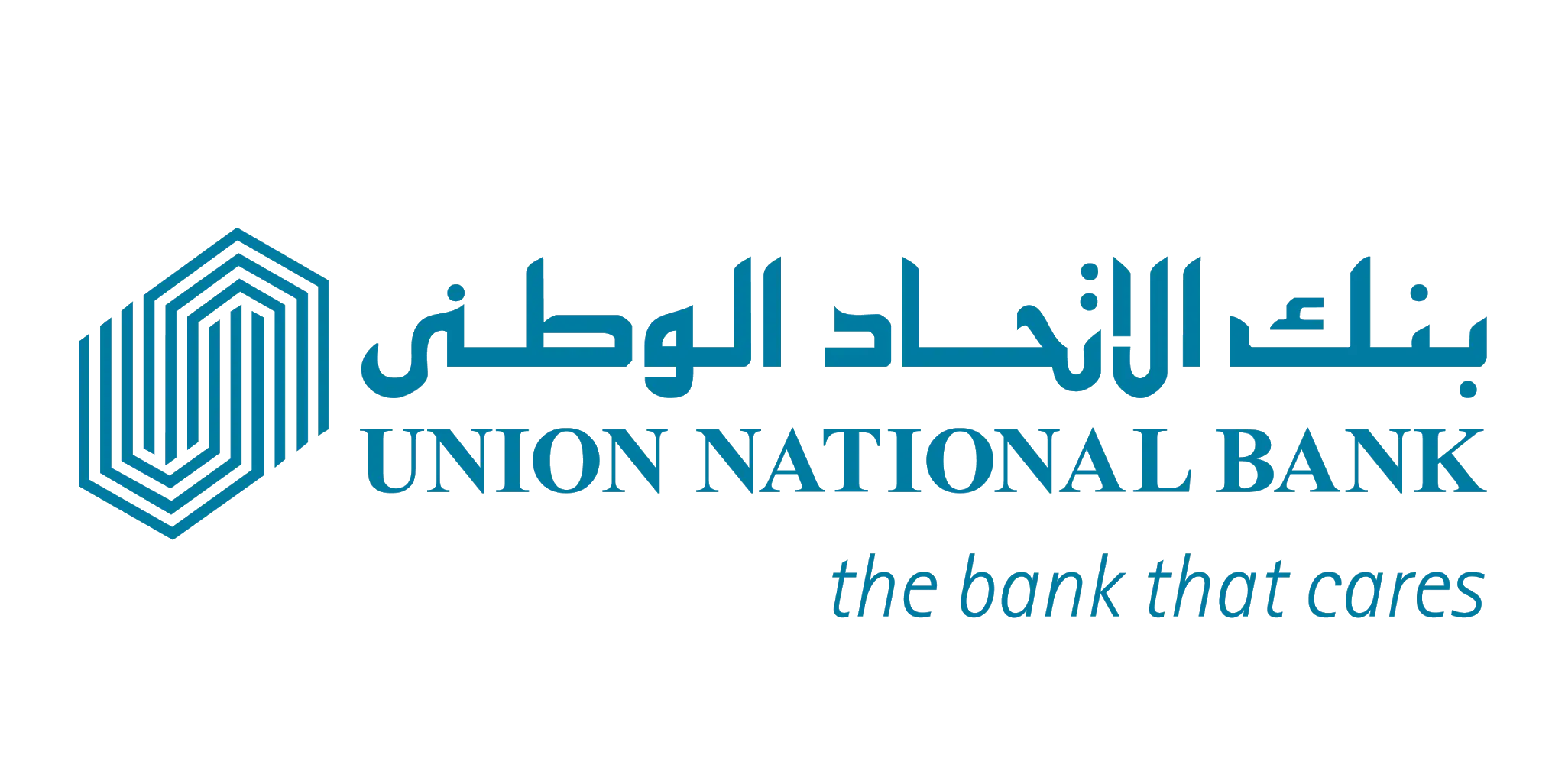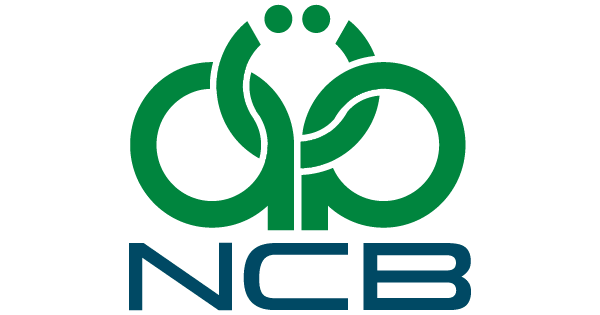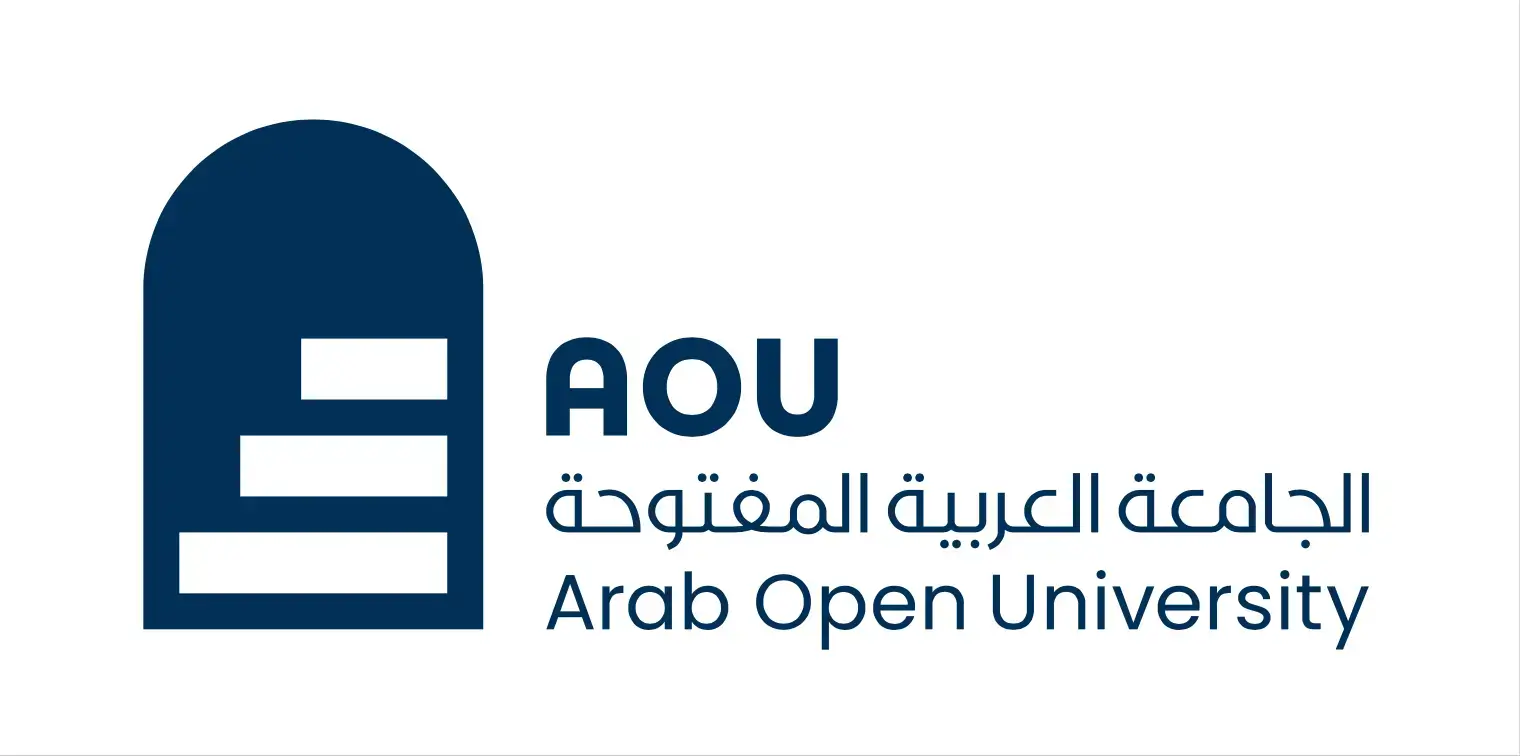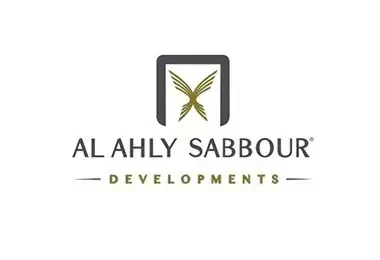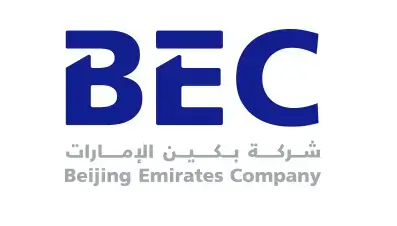Overview About Construction Project Management
We play a crucial rule role in driving project success by ensuring effective planning, resource management, risk mitigation, and stakeholder communication throughout the project lifecycle. Overseeing and managing projects within an organization. Their primary role is to ensure the successful execution of projects by effectively planning, coordinating, and controlling various project activities.
Project Planning and Initiation
This phase involves a comprehensive analysis of project requirements and objectives in collaboration with clients. Project managers meticulously define project scope, deliverables, timelines, and milestones. They develop robust project plans that consider technical feasibility, resource allocation, and risk assessment. This meticulous planning ensures a solid foundation for successful project execution.

Resource Management
Project managers skillfully allocate and optimize resources to meet project demands. They assess the expertise, skills, and availability of team members, along with required equipment and materials. By efficiently managing resources, project managers ensure smooth workflow, timely delivery, and effective utilization of available assets.

Budgetary Control
Project managers establish and closely monitor project budgets in coordination with the finance department. They develop accurate cost estimates, track expenses, and ensure adherence to financial constraints. Effective budget management involves analyzing variances, identifying cost-saving opportunities, and making informed decisions to maintain profitability while meeting project requirements.

Procurement and Contract Management
Construction managers handle the procurement process, including selecting contractors, negotiating contracts, and managing vendor relationships. They ensure that contracts align with project requirements and specifications. Effective contract management involves monitoring contractor performance, administering contract payments, and resolving any contractual disputes that may arise.

Risk Mitigation and Control
Project managers proactively identify and assess potential risks throughout the project lifecycle. They develop comprehensive risk management plans, implement risk mitigation strategies, and monitor risk factors to minimize their impact on project outcomes. By employing effective risk management techniques, project managers ensure that projects are delivered on time and within defined quality standards.

Quality Assurance and Control
Project managers enforce stringent quality assurance measures to ensure that project deliverables meet the specified standards and client requirements. They develop and implement quality management plans, conduct regular inspections, and monitor compliance with relevant regulations and industry best practices. By prioritizing quality control, project managers ensure that engineering solutions meet the highest standards of excellence.

Change and Scope Management
Engineering consulting projects often encounter changes in requirements or scope. Project managers effectively manage these changes by evaluating their impacts, developing change management processes, and obtaining necessary approvals. They ensure that changes are implemented smoothly, minimizing disruptions and maintaining project progress while aligning with client objectives.





















